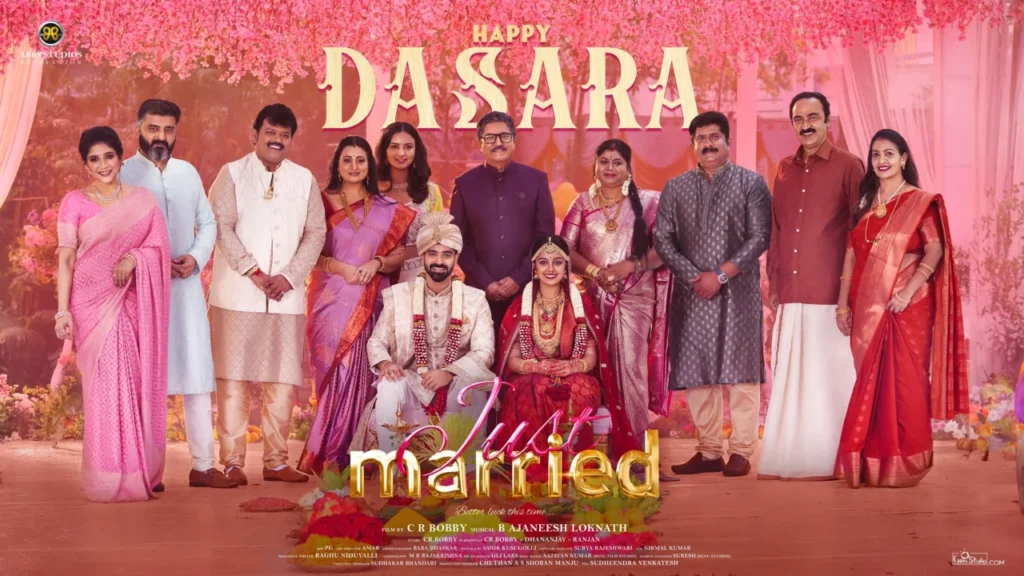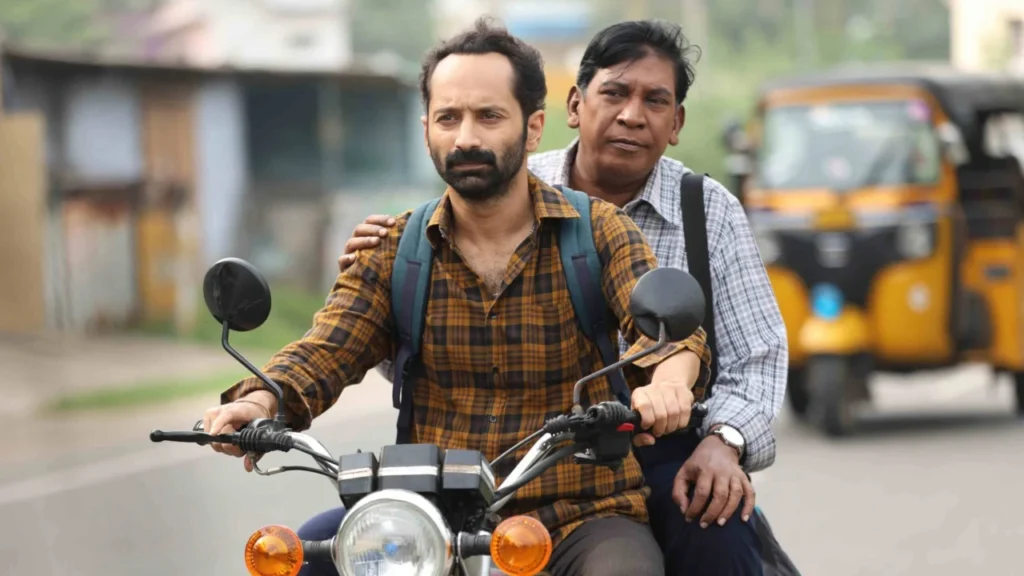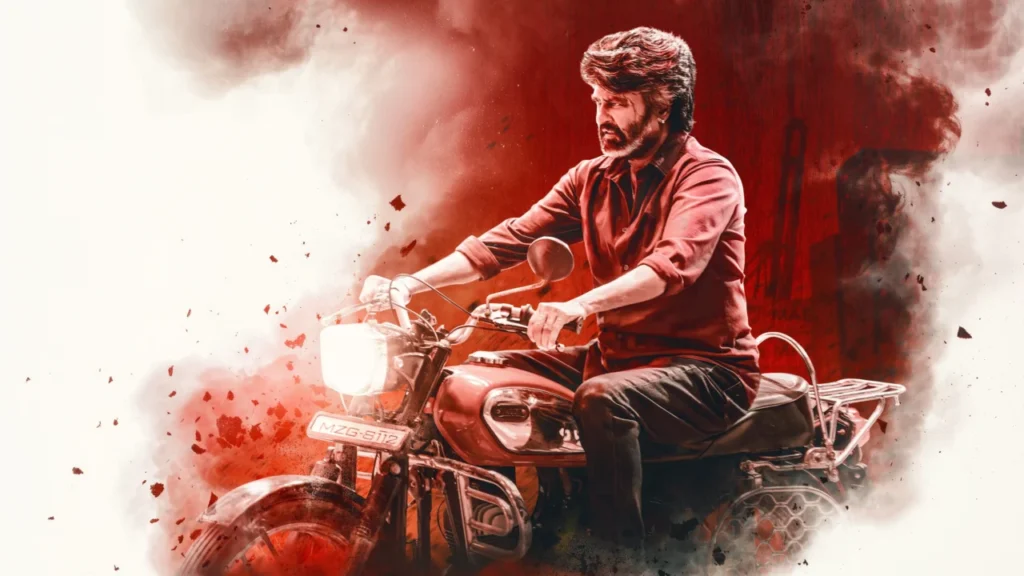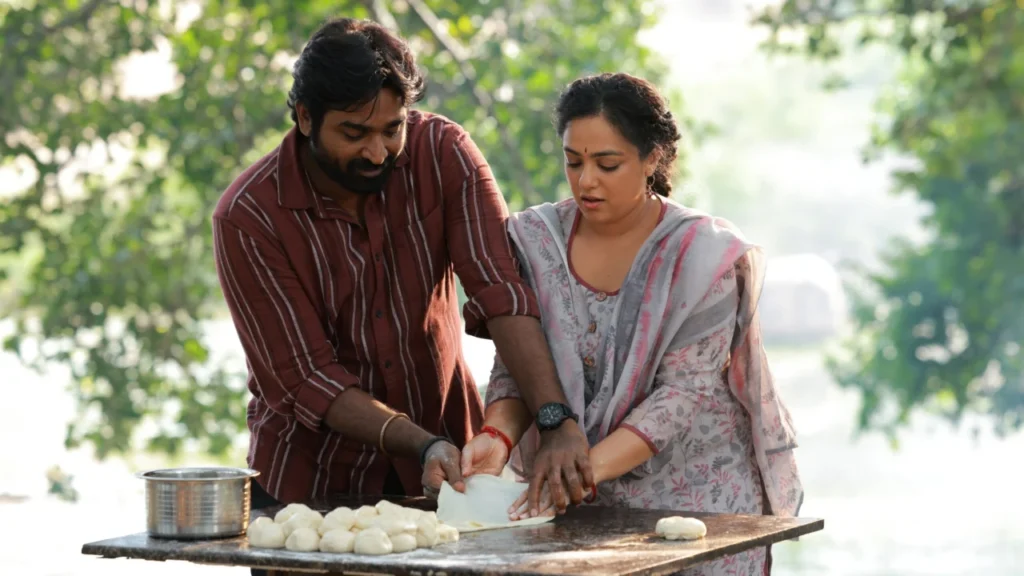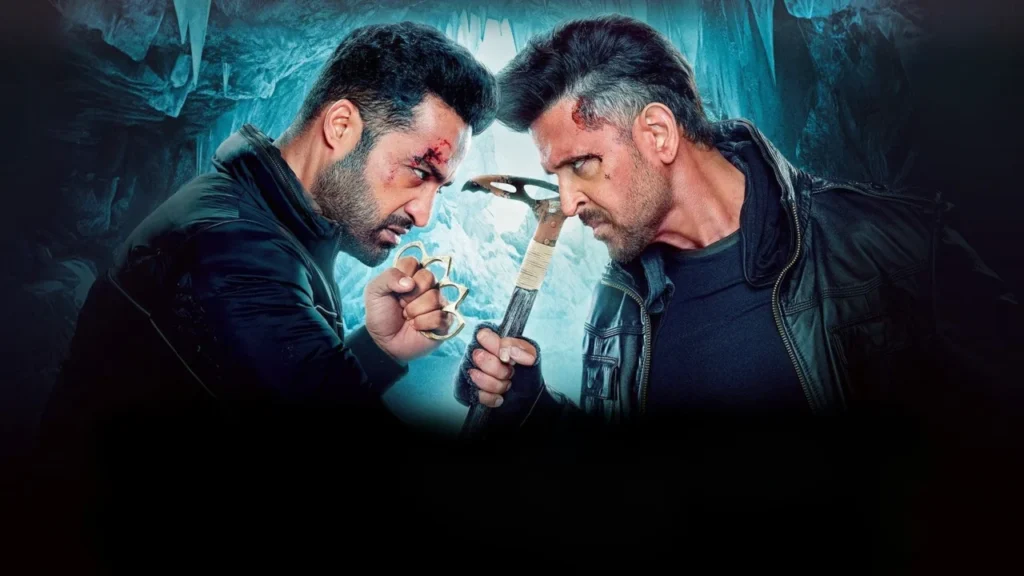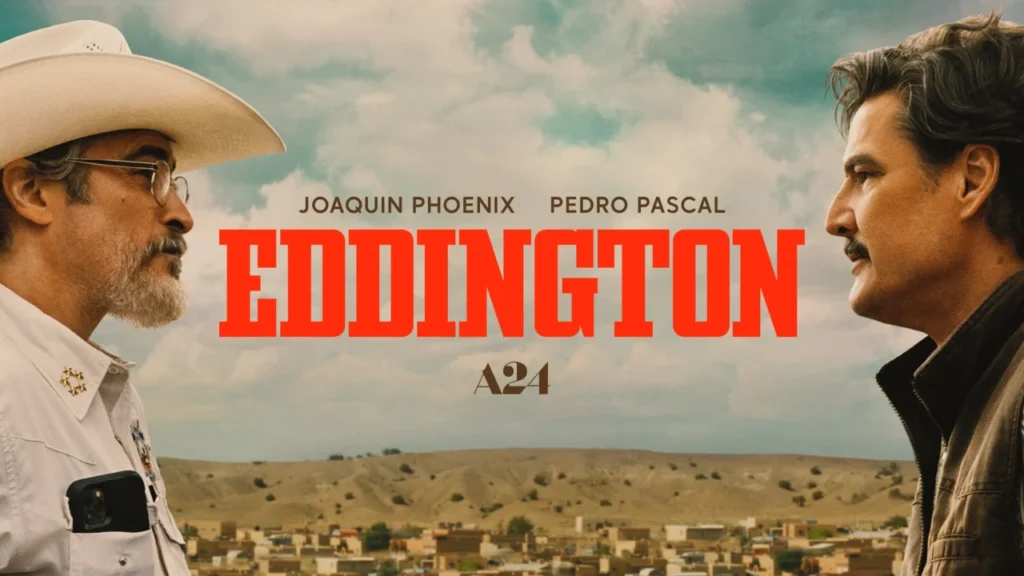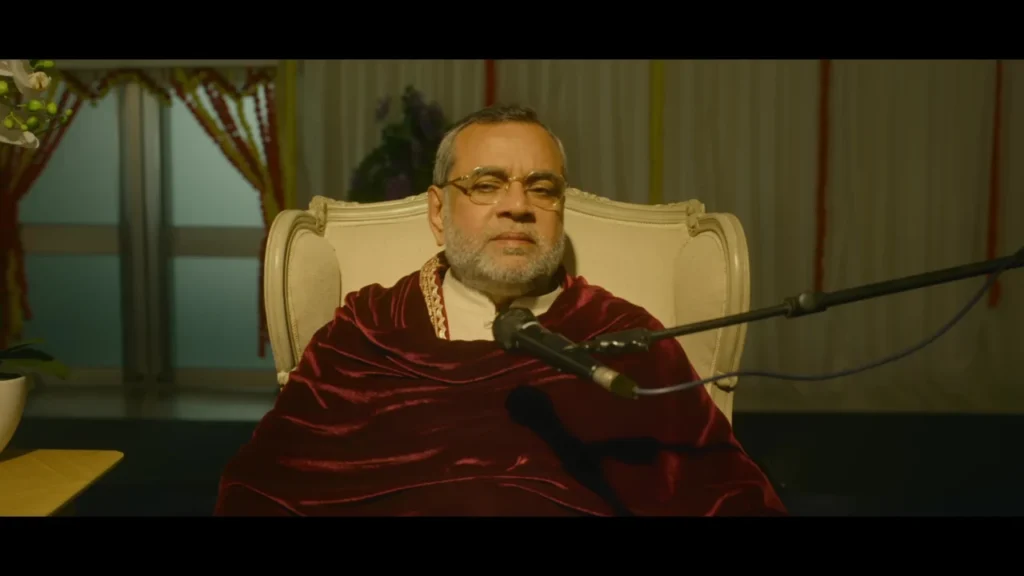
Paradha (2025) Movie: Anupama’s Bold Social Drama Falls Short of Its Promise
Paradha hits theaters as director Praveen Kandregula’s latest attempt at social commentary. The Telugu drama features Anupama Parameswaran alongside newcomer Darshana Rajendran and veteran Sangeetha Krish. Gopi Sundar provides the soundtrack while cinematographer Mridul Sujit Sen captures rural landscapes.
This village-set tale explores what happens when traditional beliefs clash with modern thinking. Our lead character Subbalakshmi lives behind a veil, following customs that date back generations. When outsiders arrive, her world gets turned upside down, forcing her to question everything she’s known.

The Story That Could Have Been
Subbalakshmi lives in Padathi village where women stay veiled to appease goddess Jwalamma. She’s planning her wedding to Rajesh when the village festival preparations begin. The goddess has a dark history – betrayed while pregnant, she cursed the village before her death.
What starts as a simple love story quickly becomes something more complex. The rural setting provides rich material for exploring gender roles and religious practices. Yet somewhere between the promising setup and final act, the story loses its way.
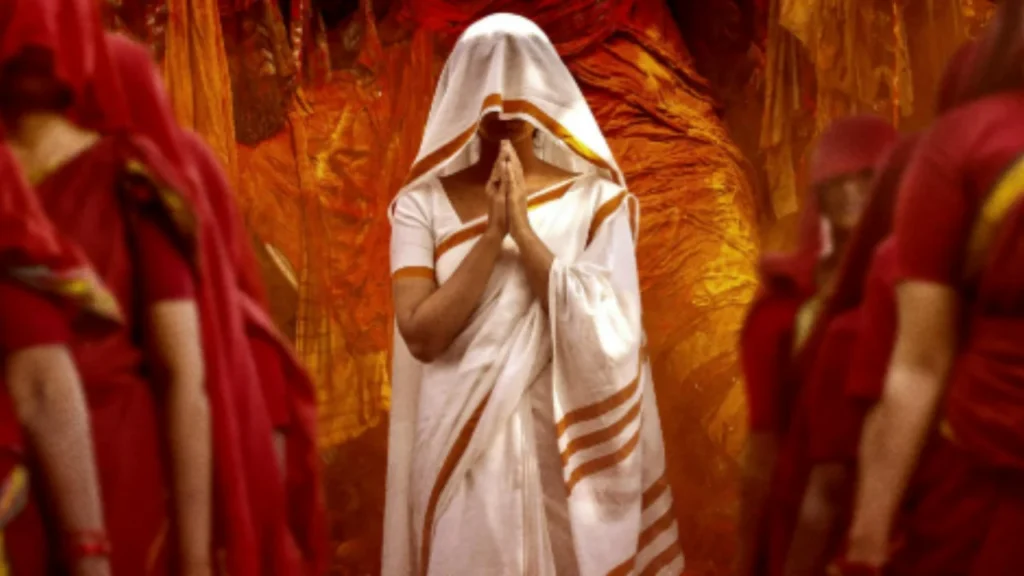
Performances That Try Hard
Anupama Parameswaran clearly wants to break away from her usual roles here. She brings sincerity to Subbalakshmi, though the character feels incomplete. I watched her struggle with a script that doesn’t give her enough depth to work with.
Darshana Rajendran makes her Telugu debut with confidence. Her scenes with Anupama show real chemistry, creating moments that feel genuine. The supporting cast does their job, but Rajendra Prasad and others seem underused given their talent.
Behind The Camera Struggles
Kandregula clearly has strong opinions about women’s rights and social reform. His previous films showed better control over narrative. Here, good intentions clash with poor execution. The first half builds tension well, but everything falls apart later.
Gopi Sundar’s background score tries to elevate emotional scenes. Mridul’s camera work captures village life beautifully, especially during festival sequences. But good technical work can’t save a story that loses focus.
What Actually Works
The cultural authenticity feels real throughout. Village festivals, family dynamics, and generational conflicts ring true. I appreciated how the film doesn’t judge its characters harshly, even when they follow questionable traditions.
Anupama’s commitment to this role shows growth as an actor. She takes risks here that her previous commercial films didn’t allow. The first forty minutes build genuine curiosity about where this story might go.
Where Everything Goes Wrong
The second half becomes a different movie entirely. Plot holes appear everywhere, characters make decisions that don’t make sense. What began as thoughtful social commentary turns into confused preaching about women’s liberation.
I found myself checking the time repeatedly during slow-paced scenes that add nothing to the story. The climax feels rushed and unearned, leaving too many questions unanswered.
Critics and Box Office Reality
Most Telugu film critics gave harsh reviews, calling it a box office disaster. Trade publications reported poor opening weekend numbers. Social media reactions show disappointment from fans who expected better from this team.
The 2.5 out of 5 ratings from major outlets reflect the gap between good intentions and poor delivery. Even positive reviews mention significant problems with pace and logic.
My Final Take
I wanted to like Paradha more than I actually did. The social issues it raises deserve serious discussion. Women’s autonomy and religious extremism are important topics that Telugu cinema rarely explores honestly.
But making a good film about important subjects requires more than just good intentions. The storytelling problems here are too big to ignore, even for viewers who support the message.
Rating: 2.5/5


